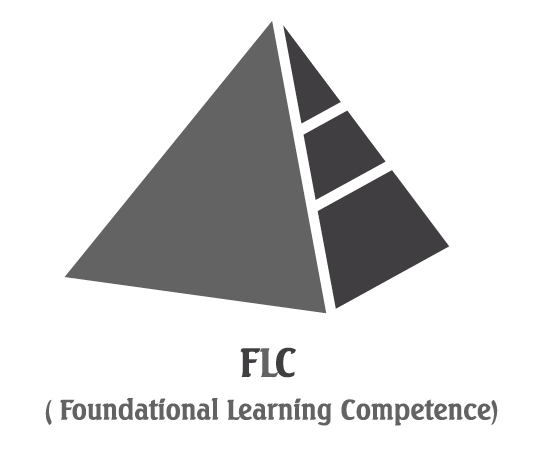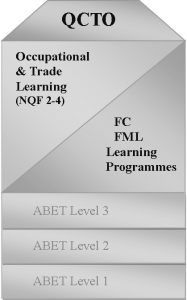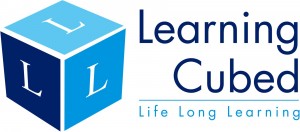 Historically, trainees have struggled with the demands of language and numeracy in their occupational training. By completing the Foundational Learning Competence (FLC) training and achieving competence, they are better able to cope with workplace training.
Historically, trainees have struggled with the demands of language and numeracy in their occupational training. By completing the Foundational Learning Competence (FLC) training and achieving competence, they are better able to cope with workplace training.
Learning Cubed is registered with the IEB to deliver FLC training. This is a part qualification registered at NQF Level 2 with a credit value of 40: 20 credits for FLC in communications and 20 credits for FLC in mathematical literacy.
Our training is classroom based as learners requiring training at this level benefit enormously from face-to-face interaction with a facilitator and also interaction with other learners in terms of group work and sharing of ideas. The learners will be assessed in an external examination administered by the IEB.
Content of foundational communication
There are 7 elements which are covered:
- Reading – Learners will be able to read for understanding, extract and use information and respond critically to texts.
- Writing – Learners will be able to write texts for recording and conveying information.
- Speaking and Listening – Learners will be able to interact orally with others particularly in workplace situations.
- Visual Literacy – Learners will be able to extract information from a range of visual and graphic representations as well as present information in visual and graphic way.
- Language Structure – Learners will gain an understanding of grammatical conventions relating to the structure of words, sentences, paragraphs and texts.
- Study Skills – Learners will be able to use strategies to approach and manage learning tasks more effectively.
- Workplace Terminology – Learners will be able to use English effectively in the workplace and occupational domains.
Content of foundational mathematical literacy
There are 6 elements which are covered:
- Numbers – Learners will be able to understand number concepts, do calculations and solve problems involving fractions, decimals, percentages, ratio and proportion and exponents.
- Finance – Learners will be able to plan and manage personal finances and perform calculations involving interest, depreciation, inflation and personal tax.
- Data and chance – Learners will be able to collect, organise, represent, analyse and interpret data using appropriate measures. In addition they will understand and calculate simple probabilities.
- Measurement – Learners will be able to estimate and accurately measure quantities such as length, temperature, and mass. They will calculate quantities such as perimeter, area, volume and speed and be able to convert quantities within the metric system and from Imperial to Metric.
- Space and Shapes – Learners will be able to identify and work with geometric shapes in 2D and 3D and draw and interpret plans and road maps.
- Patterns and Relationships – Learners will be able to describe patterns, interpret a range of representations of relationships including words, equations, tables and graphs and use these to solve problems.
Delivery

Foundational Learning Competence does not replace ABET and learners will need to be at the correct level to undergo FLC training. Learners write a readiness assessment for both communication and mathematical literacy to determine whether they:
- can write the external assessments immediately with no training
- need foundational level communication and/or foundational level mathematics training
- will need to complete ABET 3 before foundational learning training
Training duration will be 10 days for communication training and 10 days for mathematics training. Depending on the results of the readiness assessments, a learner might be required to complete 5 days of mathematics bridging before beginning the foundational level mathematics training.
The external assessment will be conducted on completion of training and, if found competent, learners will receive a nationally recognized Foundational Learning Competence certificate. This is a ‘once off’ qualification and unlike the fundamentals of learnerships, will not need to be repeated for different levels of occupational training.
